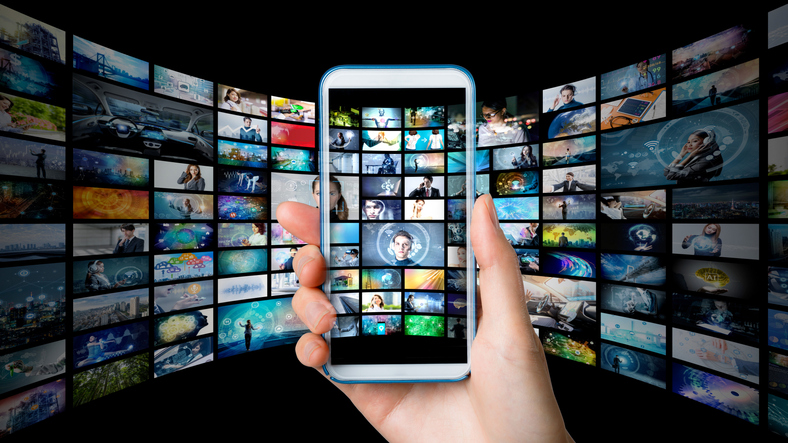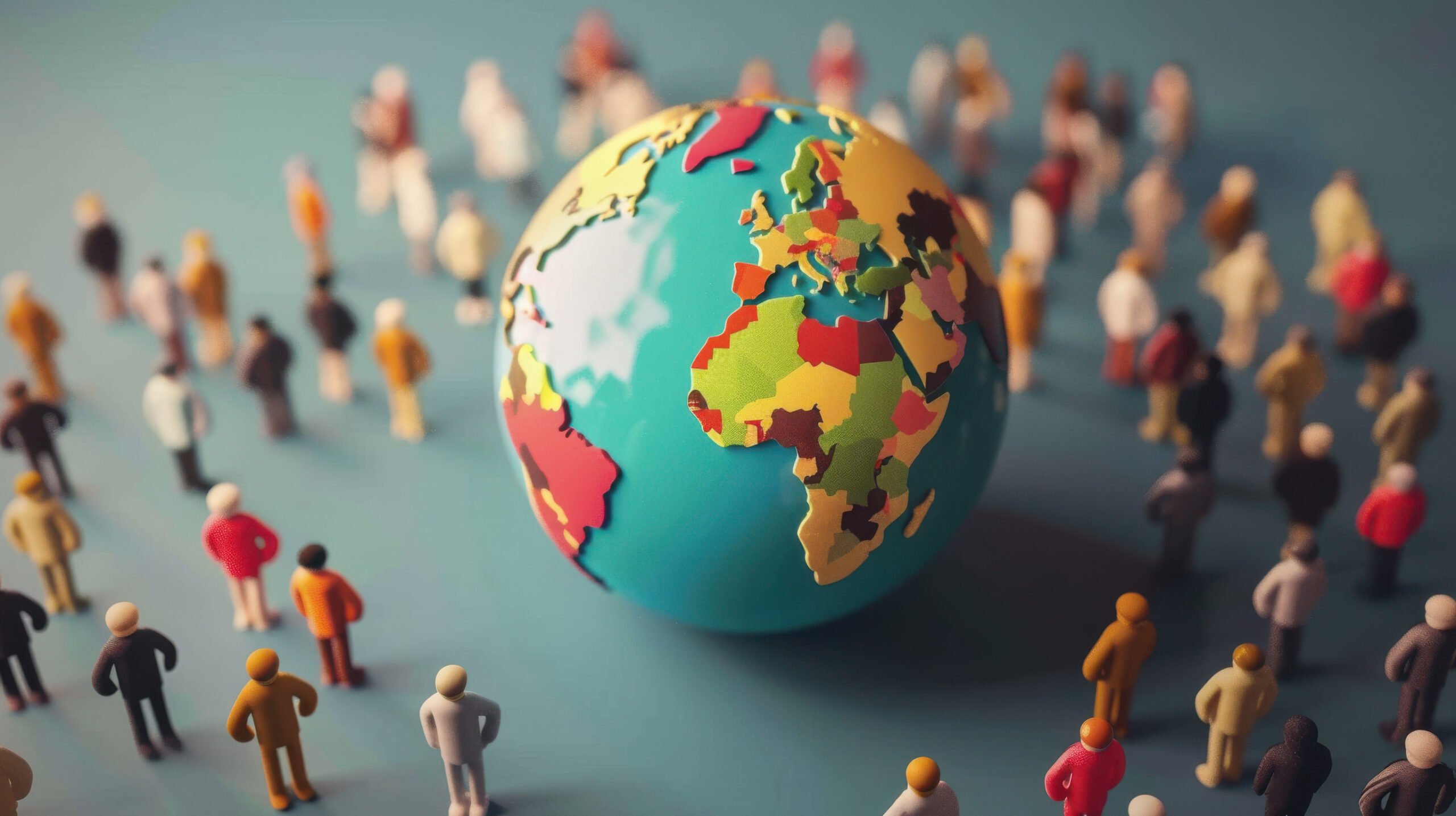New year, new expectations: What employees want for 2019
- Yamini Chinnuswamy

Life, as we know it, is transforming faster than it ever has in human history. But even though no one quite “expected” disruptors like the iPhone, Facebook, or Uber, they weren’t overnight sensations that came out of nowhere.
Indeed, much of the path ahead of us is clear, because the buzzwords of technology and transformation are hanging around for the long haul.
They won’t just continue to impact how a business operates and interacts with its customers; they will also shape the expectations of the people at the heart of any organisation: employees.
Consumer-style experiences at work
Towards the end of last year, we noticed a recurring joke at HR and business events – the fact that everything in life has become so high-tech… except for the way we work.
“In most companies, the technology experience at work is two orders of magnitude worse than the one at home,” says renowned industry expert, Josh Bersin.
As HR futurist Jason Averbook says, there is a 20-year gap between companies and their employees when it comes to workplace technology. The always-mobile, always-connected lifestyle that most staff have outside of work becomes “printing emails” and “filling forms in triplicate” as soon as they walk into the office.
| “In most companies, the technology experience at work is two orders of magnitude worse than the one at home.” – Josh Bersin |
“Companies need to start respecting 2018. Instead, companies are treating their workforces like it is 1998,” he says.
As our consumer lives become increasingly digital, the disconnect with work is only beginning to grow.
The newest entrants to the workforce, who barely remember a time before smartphones and Wi-Fi, are more likely to start their own disruptive businesses, rather than join companies stuck in the ancient past.
How then, to keep them interested and engaged? Pallavi Srivastava, Asia-Pacific and Greater China Talent Leader at IBM says that it’s about bringing disruption right into HR.
“Employees are expecting to experience innovative, creative change anytime, anywhere,” she said. “They want to be able to go on a bus and claim their Grab receipt at the same time. Is that possible? Of course!
“If you were to leverage blockchain, and link Grab as one of the vendors, and then have a manager on the approval chain, through a cell phone, yes it’s very much possible,” she says.
“It’s really about design thinking, and looking at what is possible. Pretty much everything employees are asking for is possible because we’re so connected today,” she adds.

Harlina Sodhi agrees that it’s not just about putting everything onto a mobile-ready app – but about considering how technology can spur an evolution in the way we think about, and go about, work.
During her stint as Senior Executive Vice-President of HR at IDFC Bank in India, her team didn’t stop at producing an app loaded with learning content.
They also announced that any employee who logged in en-route to work –during a long commute for instance – would be counted as having clocked in at the office.
“Magic happened. People, on their personal time, started logging in at eight o’ clock and started looking at the content,” she says.
But beyond that, technology also meant a paradigm shift towards what Sodhi terms as “consumerisation” and “personalisation”.
Using the example of learning and development, this means empowering employees to decide what they want to learn, when they want to learn it, and how.
Because today, the consumer is the king, and thanks to the much-replicated “Netflix model”, consumers are now able to determine how and when they consume almost everything in life.
“When you finish a show, you are given suggestions of other shows that you might enjoy. There is no standard content, it’s all personalised to what you like, enjoy, and relate to,” Sodhi says.
As technology becomes more powerful, employees will be looking to their working environments to provide that same personalised experience they have as consumers.
This article is continued in The changing expectations of talent, where HRM Magazine Asia explores the other big concerns facing employees – and thus, their employers.
Click here to jump on over.
| The first-ever HR Festival Asia, brought to you by the combined experience of HR Technology Conference & Exposition (US) and HR Summit (Asia), is your one-stop resource to prepare for Industry 4.0.
The event’s dedicated CxO Symposium, specially curated for senior senior business and management professionals, will delve into topics such as design thinking, virtual organisations, neuro-agility, and other cutting-edge trends that can help C-suite professionals strengthen their organisation’s capabilities from the top. For more information, visit www.hrfestivalasia.com. |






